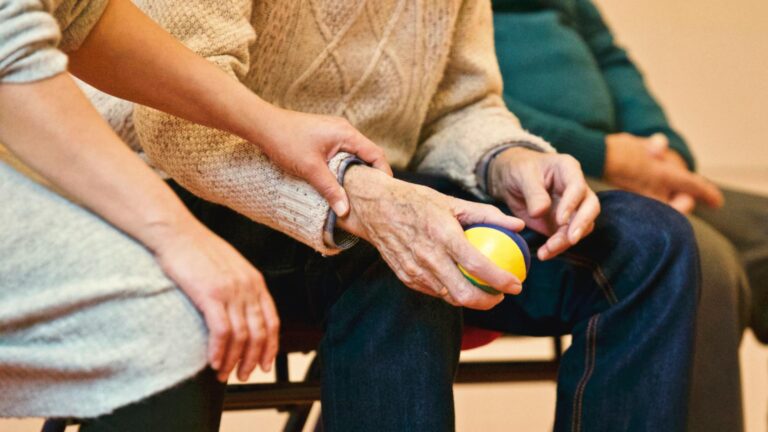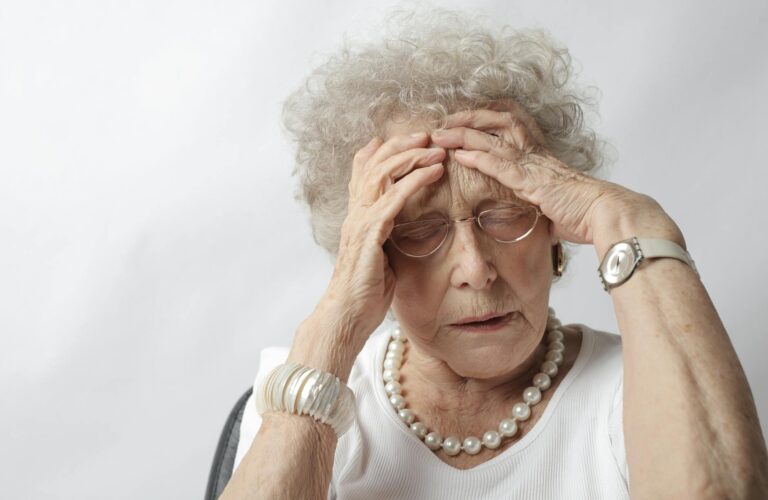Chemotherapy can sometimes lead to **weight gain**, although it is more commonly associated with weight loss. The relationship between chemotherapy and changes in body weight is complex and influenced by several factors including the type of chemotherapy drugs used, the body’s response to treatment, and lifestyle changes during therapy.
One key reason chemotherapy may cause weight gain is **fluid retention**. Certain chemotherapy drugs, such as docetaxel, are known to cause the body to hold onto excess water, leading to swelling and rapid weight gain. This fluid buildup can make the body appear bloated and heavier, even though it is not an increase in fat. Fluid retention can be uncomfortable and may require medical management to reduce swelling and prevent complications.
Another factor contributing to weight gain during chemotherapy is **changes in metabolism and appetite**. Chemotherapy and related treatments can alter taste and smell, sometimes making food more appealing or causing cravings for high-calorie, comfort foods. Additionally, some patients experience increased hunger or surges of appetite, which can lead to eating more than usual. Hormonal therapies, often used alongside or after chemotherapy, can also disrupt normal hormone balance, making it harder to maintain or lose weight.
**Reduced physical activity** during treatment is another important contributor. Fatigue, nausea, and general weakness caused by chemotherapy often limit a person’s ability to exercise or stay active. This decrease in activity can reduce calorie expenditure, making it easier to gain weight if calorie intake remains the same or increases.
**Steroid medications** frequently used during chemotherapy to manage side effects like nausea and inflammation can also cause weight gain. Steroids can increase appetite and cause the body to retain salt and water, both of which contribute to weight gain.
Psychological factors play a role as well. Stress, anxiety, and depression related to cancer diagnosis and treatment can lead to emotional eating or changes in eating habits, sometimes resulting in weight gain.
It is important to note that not everyone undergoing chemotherapy will gain weight. Some may lose weight due to nausea, vomiting, or loss of appetite. The effects vary widely depending on the individual, the cancer type, and the treatment regimen.
Managing weight during chemotherapy involves a combination of strategies:
– Monitoring fluid retention and discussing any rapid weight changes with healthcare providers.
– Maintaining a balanced diet that meets nutritional needs without excessive calories.
– Engaging in gentle physical activity as tolerated to help maintain muscle mass and metabolism.
– Managing side effects like nausea and taste changes to support healthy eating.
– Seeking support for emotional well-being to avoid stress-related eating.
Understanding that weight gain during chemotherapy can be due to multiple factors—fluid retention, metabolic changes, medication side effects, reduced activity, and psychological influences—helps patients and caregivers approach this issue with realistic expectations and appropriate management strategies.





